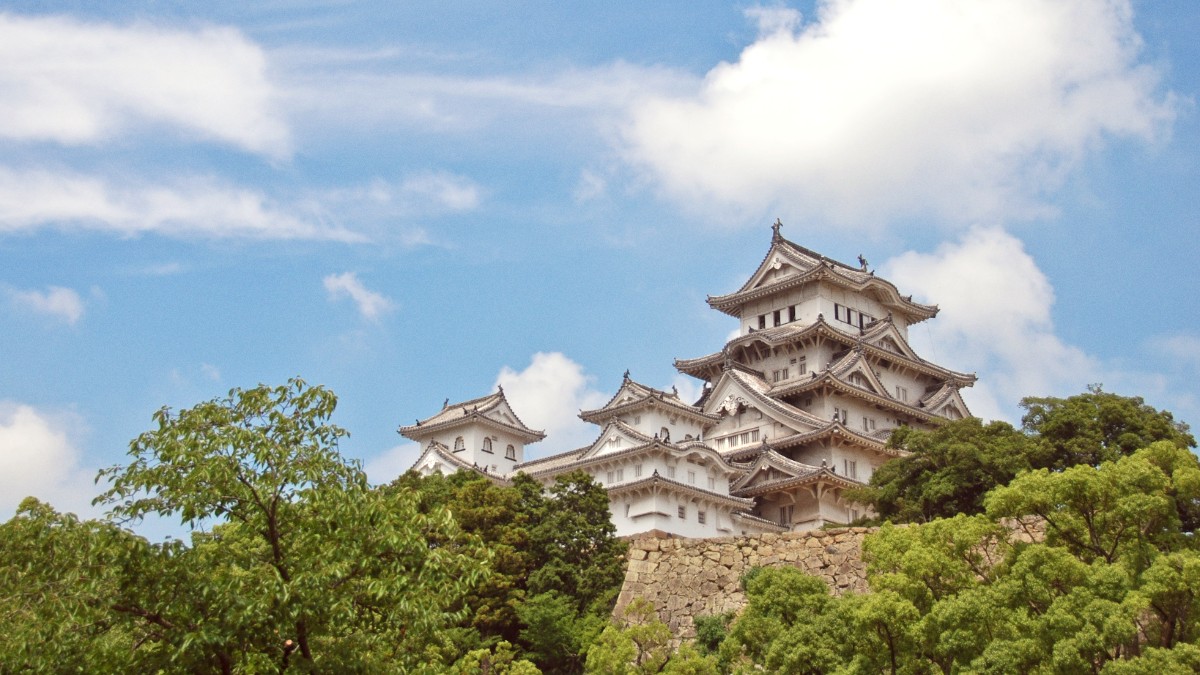
Central Honshu, Japan
Kanazawa is near Hakusan National Park. Respect all regulations: stay on marked trails, do not disturb wildlife, do not collect plants/rocks. Local initiatives maintain historic gardens and waterways.
Japan has a strict waste sorting system. Pay close attention to bins: burnable, non-burnable, plastic, cans, glass. Carry a bag for trash in public spaces. Avoid littering.
Kanazawa has abundant water. Responsible water use is encouraged. Take shorter showers and reuse towels at accommodation.
Cultural sensitivity deepens your travel experience and fosters respectful interactions with locals.
Kanazawa actively preserves traditional arts and historical districts.
Adhering to local customs significantly elevates your experience.
Be mindful and respectful when taking photos.
Observe proper decorum when visiting temples and shrines.
Your travel choices contribute to the preservation of Kanazawa's environment and culture. Conscious choices make a difference.
Your travel contributes positively to Kanazawa's local economy and communities.
Choosing locally-run guesthouses or ryokan, and small-group local tours, distributes tourism benefits directly to residents.
Purchase local crafts directly from artisans or independent shops rather than mass-produced souvenirs.
Consciously choose local establishments to strengthen the local economy.
Japan has strict labor laws. Worker exploitation in tourism is less of a concern.
Making conscious choices benefits the local economy and culture.
Seek out artisan products to support traditional skills.
Dine at establishments that use locally sourced ingredients.
Participate in activities that directly connect you to local residents.
Your spending choices directly contribute to the sustainability and well-being of the Kanazawa community.
Adhering to responsible travel guidelines enriches your journey and benefits the destination.
When visiting Hakusan National Park, abide by all regulations to preserve biodiversity.
Japan's strict waste sorting system requires attention to detail.
While Japan has abundant water, responsible use is always encouraged.
Your choices in accommodation and tours contribute to local welfare and environmental protection.
Your purchasing decisions directly support local livelihoods and traditional crafts.
Prioritize artisan-made products over mass-produced items.
Dine and shop at independent local businesses.
Avoid activities that exploit animals or raise ethical concerns.
Direct charitable giving or begging is not common in Japan. For donations, research reputable local charities supporting welfare or cultural preservation.
By following these guidelines, you contribute to a positive and sustainable tourism environment for Kanazawa.